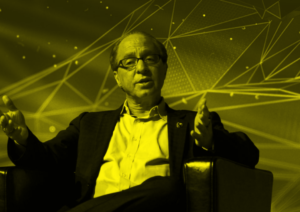The Singularity Explained: AI’s Final Evolution

What is the singularity?
At its core, the Singularity refers to the point where AI surpasses human intelligence permanently; AI wouldn’t just be smarter than humans, but advance at an uncontrollable rate, and its expansion and new discoveries could reshape society as we know it faster than anything we have ever been able to do with the internet or anything else.
If this seems science fictional, look at how far we’ve come since the release of GPT-3 in 2020; a simple and often incorrect AI that, although impressive for its first time, has evolved tremendously in just five years into what we have now; AI videos, higher and higher quality images and chatbots.
Who is Ray Kurzweil?
Some experts like Ray Kurzweil predict this could happen by the 2040s. Ray Kurzweil is a futurist, inventor and AI expert known for his bold predictions about technology and its impact on humanity. With a strong track record of predictions from the rise of the internet in the 90s to the rise of online learning, he’s received over 20 honorary doctorates and awards. His predictions are based on data rather than wild guesses, following the law of accelerating returns, showing the exponential progress of technology. Why is the Singularity a big deal? AI could be responsible for solving the majority of problems humans cannot currently solve: new energy sources, medicine to cure ageing, and assistance in space travel.
But with such a drastic shift comes good and bad change. It could mean the complete end of work for humans and the possibility of a war against powerful AIs, leading to destruction on a scale we cannot comprehend. With no prior historical references, the changes that this could have on society are unknown. It could be completely overhyped, underhyped, or somewhere in between, with possibilities being endless.
Kurzweil sees the Singularity as a golden age of innovation and breakthroughs on a scale we have never seen before. Others, like Stephen Hawking, have warned against it, believing super-intelligent AI to be the most dangerous invention if not properly controlled. Will the Singularity elevate us to godlike intelligence or make us obsolete? Will it bring utopia or something far worse? No one knows. But one thing is certain: once AI surpasses us, there will be no turning back.
